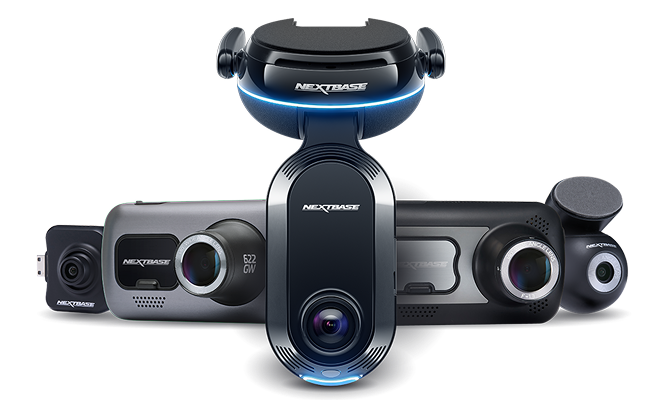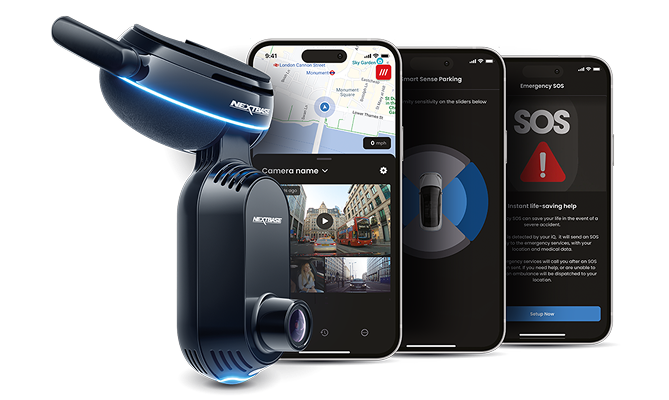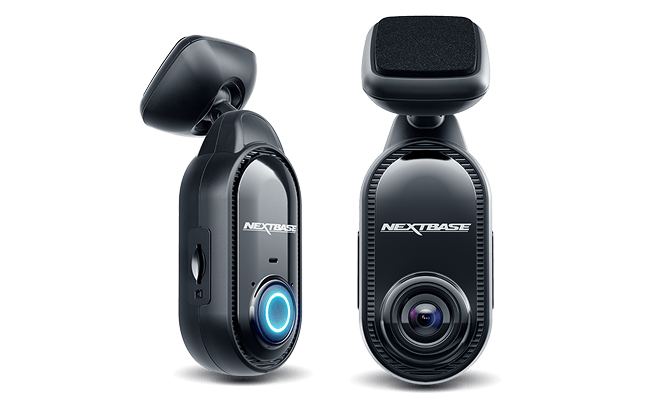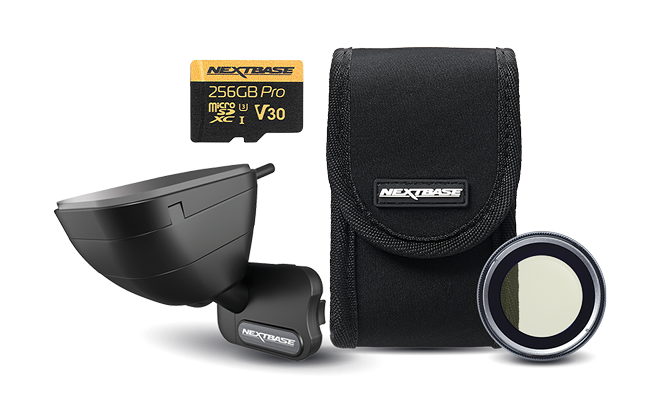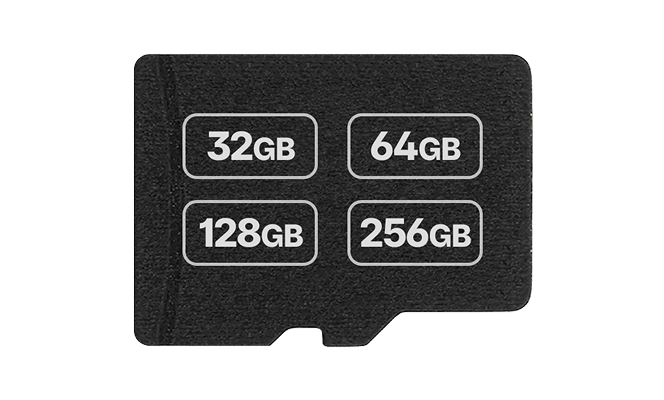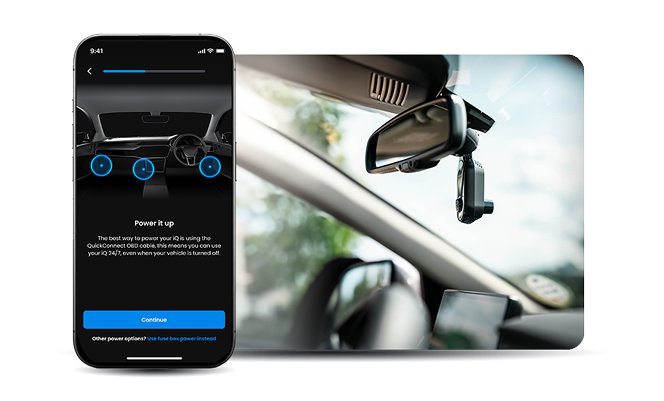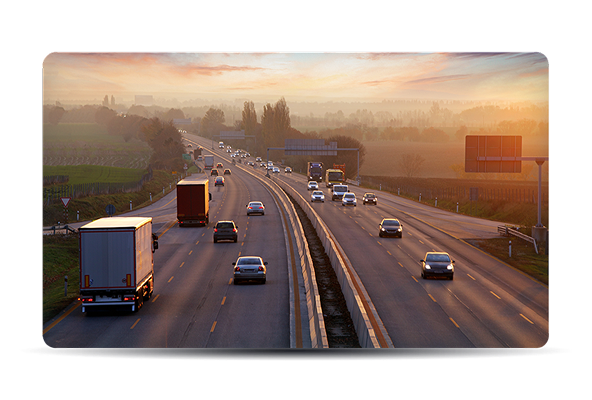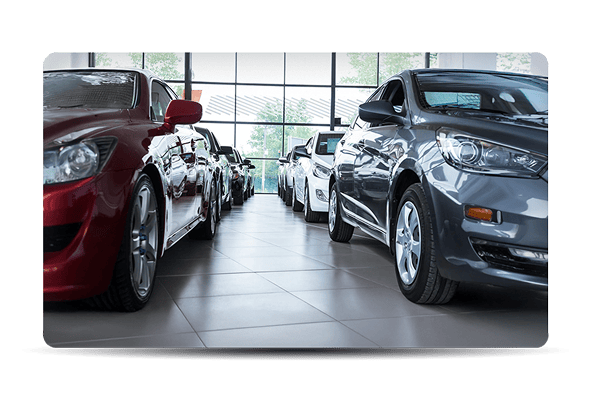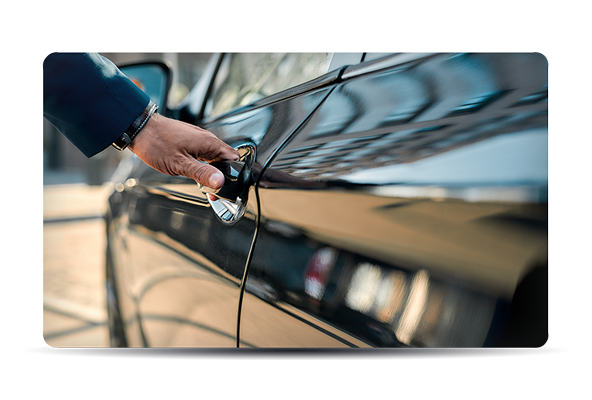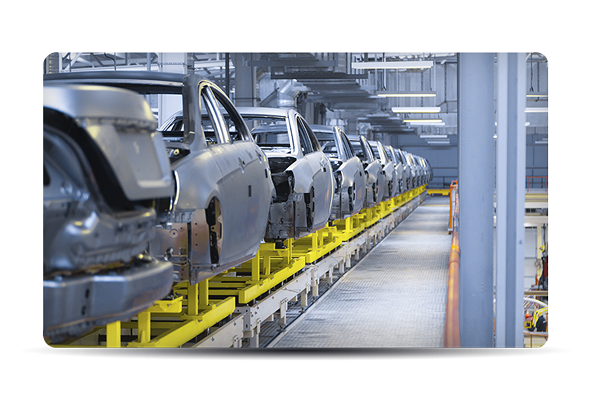It seems that winter is sneaking up on us especially quickly this year. With the clocks due to go back next week, whether we like it or not, many of us will be facing more night-time driving than usual.
According to The Royal Society for the Prevention of Accidents (ROSPA), there are a huge number of increased risks to our safety when we drive in the dark. With our reduced visual capability, dark driving makes it difficult to see potential hazards on the road like pedestrians and cyclists.
Terrifyingly, the National Highway Traffic Safety Administration reports that three times the amount of fatalities on the road occur at night than they do in the day time. So in this case, our fear of the dark is entirely warranted.
Here are some of the dangers to look out for during the darker winter months, and how you can protect yourself from potential incidents:
Blinding Headlights
It’s a hazard we’ve all experienced. You might be doing your best to navigate a dark and winding road, one sharp bend at a time, when suddenly you’re blinded by someone else’s headlights, forcing you into temporary visionless motoring.
It goes without saying, driving without a working pair of eyeballs is incredibly dangerous. If you catch sight of oncoming headlights directed towards you, try to look away directly on the road ahead. If a car behind you has its high beams on, you should be able to adjust your rear-view mirror and reflect light to alert the driver, which will redirect the glare.
Fog
Fog is one of the most dangerous winter occurrences for drivers because it can’t always be seen from a distance and often appears suddenly. If conditions are foggy you might be struggling to see the cars around you, which can leave potential for collisions. Don’t follow the tail lights of the person in front because these can be misleading, instead make sure your windows are open so you can hear the traffic and that your windscreen is as clear as possible. If conditions are so bad that you can’t see at all, pull over where safe and wait for the fog to clear.
Speeding
On an open road with the radio on full blast, it’s tempting for our right foot to creep down on the accelerator as we act out a Keanu Reeves Speed scenario.
But with even a sparse number of fellow night time drivers partaking in the speed delusion, sharing the road with them means we’re setting ourselves up for what could be an incredibly dangerous situation. Even if you see no one else on the road, keep to the speed limit.
You’ll find it far harder to get a good view of hazards during the night, so keeping your speed low will help make sure you see other drivers, pedestrians and cyclists in time to avoid them. Don’t forget: your speed at night should be even lower than it would be during the day.
Slippery roads
Just as we adjust our clothing based on the changing of the season, our cars need to be kitted out for winter too. Have a look in your car’s handbook to find out it’s personal preferences during the colder months. Ice and rain can cause tyre slippage and will drastically increase your stopping time. If conditions are really bad, your car will have a winter mode you can switch to, which puts you in a higher gear and prepares the car for slippery roads. Otherwise, double your distance between cars and keep your speed low.
Our eyes will play tricks on us when it’s dark
Our vision works differently in the dark, and this affects our ability to see colours, and perceive depth, as well as weakening our peripheral vision. These problems always get progressively worse as we get older.
A lack of depth perception can have particularly dangerous impacts on our driving when its dark, as oncoming traffic can often appear further away than it really is.
Apart from keeping your speed down, it’s always best to get your eyes checked regularly. You should book an opticians appointment once a year if you’re over 50 and only slightly less frequently if you’re a younger driver. For your own health, and for the good of motorists around you.
Low sunlight during rush hour
Rush hour is the most dangerous time of the day to drive, due to the heavy crowding and frustrated drivers who weave between cars, desperate to get home. Combined with the difficulties that come from driving in the dark, our wintry route home presents to us a huge melting pot of potential hazards.
We can all be a bit hot-headed behind the wheel, but raging at the revving Audi beside you isn’t going to get you home any quicker. Keep calm and keep safe, try and stay within your lane as much as possible and don’t let your brain drift into autopilot.
All of these night time road hazards will be easy to navigate for safe and focused drivers. Unfortunately we can’t promise that everyone on the road will follow the same rules that we do, and primarily it’s these reckless drivers that cause incidents on the road.
In the case that you are confronted with an irresponsible or unsafe motorist, your Nextbase dash cam will be there to capture their misdemeanours, giving you the power to take them off- road, and make all our driving experiences safer.
All of our dash cams have enhanced technology to deliver good night time recording but we have some stand-out products that are specific technology to make recording at night, almost as crisp as in day light. Check out the Nextbase 422GW and the 522GW Dash Cam for more specific information.

As noites estão a aproximar-se: é altura de reavaliar as suas práticas de segurança rodoviária
28 de outubro de 2016Não encontrou o que procurava?
Pesquisar na nossa extensa base de dados de conhecimentos

